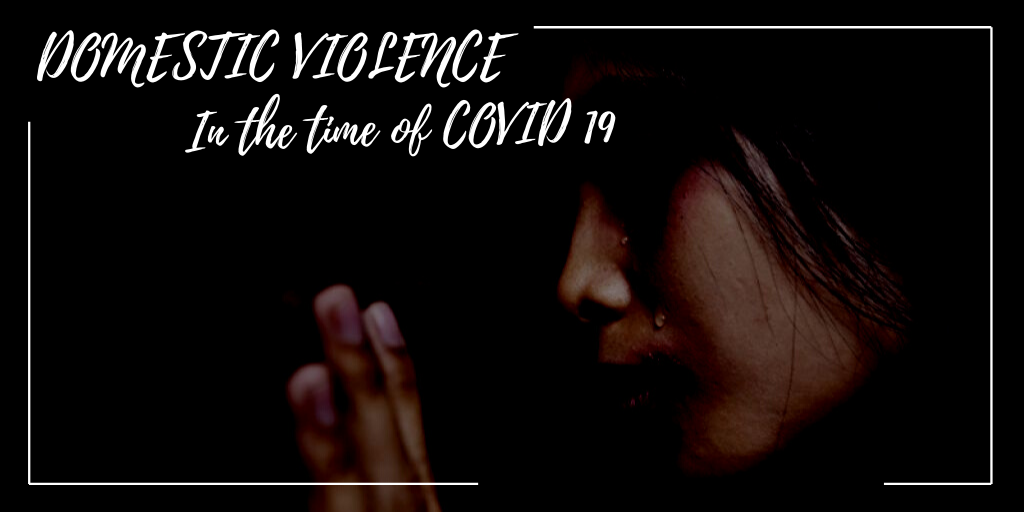North East Network has been working on the issue of domestic violence in Assam for the past 25 years. During this period we have been closely associated with the Social Welfare Department in addressing the issue jointly through collaborative programmes and interventions.
In view of the COVID19 pandemic related closures and lockdown, increasing numbers of cases of domestic violence on women and children are being reported to us from our field areas. The pandemic has affected women disproportionately. With the lockdown in force, women are trapped with the abusers. Threats, frustrations and deprivations are being unleashed on women and children who are highly vulnerable and have the least power to develop coping mechanisms to overcome such situations.
We are remotely handling such domestic violence cases due to ongoing restrictions on mobility and the support provided by us is only limited given the current scenario. We would like to point out however, that if such violence continues or gets aggravated, it may prove to be disastrous for women and children in the long run. Our cases so far include abused women fleeing violent homes to seek shelter, reporting to thanas, calling us on our helplines for help and so on.
The United Nations Secretary General on 5th April 2020, warned thus “we have seen a horrifying global surge in domestic violence,” and urged world leaders to include protective measures in their pandemic plans. “I urge all governments to put women’s safety first as they respond to the pandemic.“
In India, the Chairperson of the National Commission of Women recently in an interview said that domestic violence complaints have been increasing by the day since the nationwide lockdown was imposed.
We understand that the 181 helpline and OSCs are functional. However, in remote villages where we work, women are not being able to access these services for various reasons some of which have been listed above.
On behalf of NEN and organizations addressing violence against, we would like to urgently appeal to the Addl. Chief Secretary to the Government of Assam to consider the following:
1. Recognize domestic violence intervention by professionals and different organisations as essential service. Organisations actively providing services like counseling/legal aid/shelter and other similar services and which are recognized by the Social Welfare Department of Assam as Service Providers under the Protection of Women from Domestic Violence Act of 2005, must be allowed mobility with service passes.
2. Shelter homes irrespective of the scheme they run, must be authorized with special protocols to provide shelter to aggrieved women and their dependents affected by or fleeing violence. In fact the state is mandated to notify all shelter homes in the state as service providers according to PWDV Act. Refer to Chapter 1 no. 2 (t) “shelter home” means any shelter home as may be notified by the State Government to be a shelter home for the purposes of this Act.
3. Ensure that Assam State Advisory to combat COVID-19 include gender responsive measures by government to address safety and security of women.
4. A special advisory must be developed immediately by the Social Welfare Department in collaboration with CSOs/NGOs to prevent violence of any form on women and girls .
5. Alert frontline grassroots workers like ANM, Anganwadi, village defence parties, village council development committee in autonomous districts (VCDC), village headman/women, Panchayats, Block Officers, ASHA to immediately report such cases to Service Providers/Police/OSCs/Helplines/NGOs.
6. Protection Officers must be provided with necessary resources and additional power to effectively make themselves accessible to the last aggrieved woman in the districts.
7. Immediately publicise about women’s helpline numbers like 181 and other available services including point nos. 3 and 4 raised by us in local languages through visual and print media .
We look forward to a response on our Appeal and offer our engagement with your Department towards fighting the pandemic in our state and ensure the safety of women and girls.





